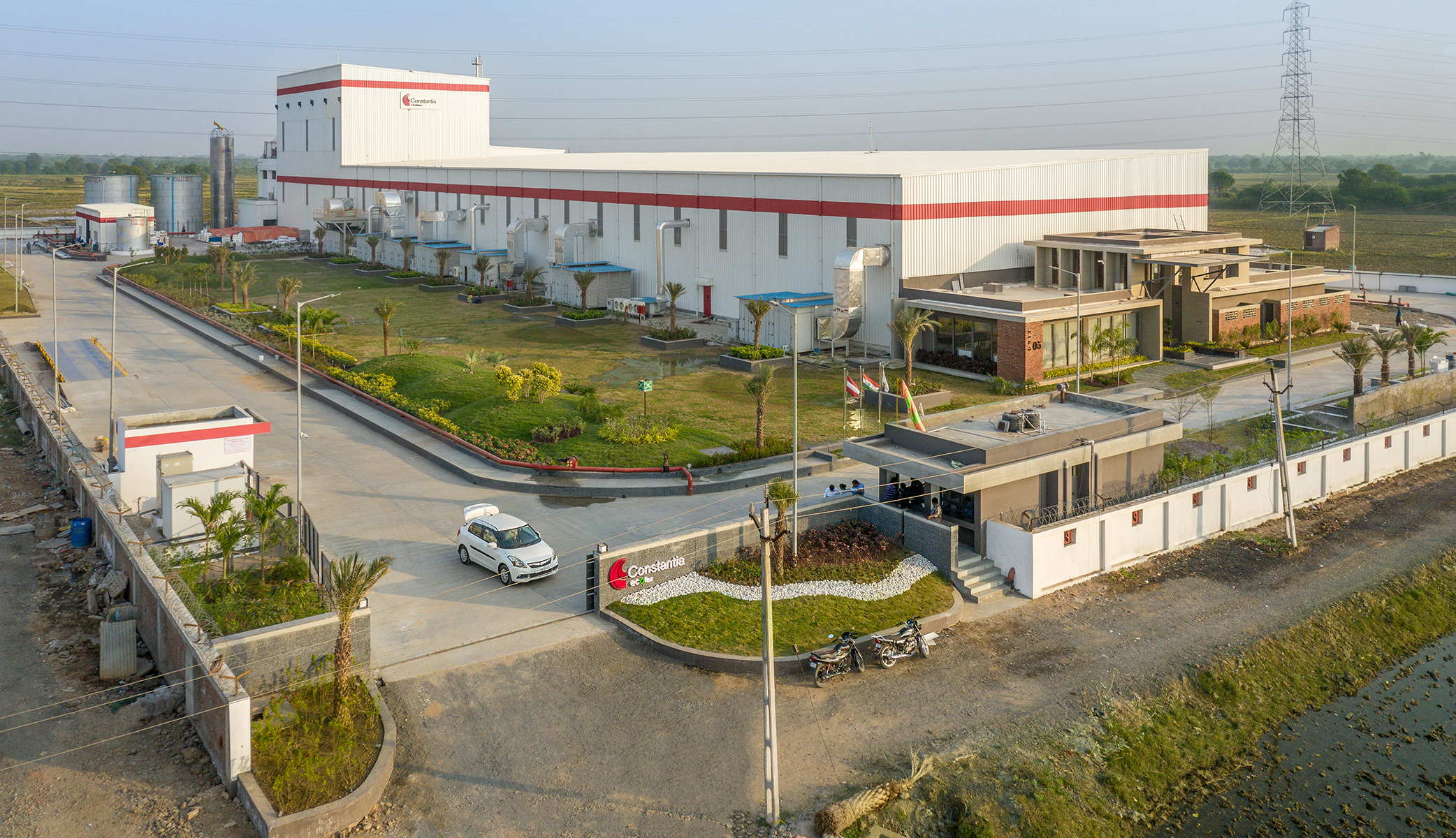
Typical tests and investigations required by an industrial engineering consultant before undertaking the design of a factory project
General Introduction
Industrial engineers and industrial engineering consultants play a pivotal role in the inception and execution of industrial building projects. They ensure that the industrial structures are designed and built to meet the highest standards of safety, efficiency, and functionality. The industrial construction consultants are responsible for a multitude of tasks, one of the most critical being an in-depth evaluation of the construction site where the factory is to be constructed. Before embarking on the design phase, engineering consultants must conduct a range of tests and investigations to collect essential data that will inform the layout of industrial construction projects, foundation design, infrastructure requirements, and overall feasibility. In this article, we will learn about the typical tests and investigations conducted by industrial engineering and construction consultants before commencing a factory project, emphasizing the importance of geotechnical investigations, boundary and contour surveys, and the utilization of modern technologies.
Geotechnical Investigations: The Foundation of Success
Geotechnical investigations are the cornerstone of any industrial construction project, especially when it comes to factory construction. These investigations are an in-depth study of the construction site’s soil and subsurface conditions. These tests aim to provide critical data for foundation design, pavement construction, and various other infrastructure considerations for an industrial facility. The vitality of geotechnical investigations cannot be overstated, as they lay the foundation for a structurally sound and safe factory building.
1. Soil Composition Analysis:
One of the primary steps in geotechnical investigations is the analysis of soil composition. Consultants need to determine the type of soil present at the construction site, as different soils possess varying load-bearing capacities and engineering characteristics. Common soil types include clayey soil, silt, sand, and gravel. Understanding the soil composition is important for selecting appropriate types of foundations and designing structures that can withstand the site-specific soil conditions.
2. Soil Bearing Capacity Assessment:
The bearing capacity of the soil is a vital parameter that basically dictates the maximum load a building foundation can support without settling or failing. Geotechnical engineers conduct several tests for soil bearing capacity to examine how much load the soil can safely carry. This data is crucial for designing the factory’s foundations, ensuring they can support the weight of the building and any heavy machinery.
3. Subsurface Water and Drainage:
Evaluating the groundwater level and subsurface water flow patterns is essential to mitigating issues such as waterlogging and unstable foundations. Engineering and construction consultants conduct groundwater studies and drainage assessments to determine the best methods for managing stormwater, preventing flooding, and maintaining a stable foundation.
4. Slope Stability Analysis:
In cases where the construction site is located on slopes or hilly terrain, slope stability analysis is crucial. Industrial construction consultants implement various techniques to assess the stability of slopes, ensuring that the factory’s location and layout won’t be compromised by landslides or erosion.
5. Seismic Hazard Analysis:
Depending on the region’s seismic activity, consultants must conduct seismic hazard assessments to determine the risk of earthquakes and design structures accordingly that can withstand potential seismic forces. This is of vital importance for the safety of factory employees and the preservation of valuable equipment.
Boundary and Contour Surveys: Precision in Planning
Once geotechnical investigations have provided insights into the subsurface conditions, industrial construction consultants turn their attention to the surface features of the construction site. Boundary and contour surveys are fundamental components of the preliminary site evaluation process.
1. Boundary Survey:
A boundary survey establishes the exact property lines of the construction site. It is essential to confirm the boundaries of the property to ensure that the factory construction remains within the designated area and complies with zoning regulations. Deviating from the cordoned area of the property could result in legal disputes and costly setbacks during construction.
2. Contour Survey:
A contour survey, often conducted using modern technological instruments like total stations and GPS, provides a detailed map of the site’s topography. Engineering consultants create contour lines to represent changes in elevation, allowing them to visualize the site’s natural slope and drainage patterns. This information is invaluable for designing factory floors and road levels. It also determines the grading of the soil and develops an effective stormwater management plan.
Modern Technologies Enhancing Survey Accuracy
The advent of advanced surveying technologies has transformed the accuracy and efficiency of boundary and contour surveys in industrial construction projects. Two of the most extensively used technologies are Total Station and GPS.
1. Total Station:
Total stations are electronic optical devices that combine the capabilities of traditional theodolites with electronic distance measurement (EDM) equipment. These devices enable precise measurements of angles and distances, allowing surveyors to acquire highly accurate data about the features of the construction site. Total stations are particularly useful for capturing elevation data, which is of utmost importance for contour surveys and grading calculations.
2. GPS (Global Positioning System):
GPS technology has become an indispensable tool for surveyors and civil engineers. GPS receivers use signals from satellites to determine precise locations on the surface of the Earth. This very technology provides real-time and highly accurate positioning data, making it ideal for boundary surveys and large-scale topographic mapping.
Necessity of Data for Various Aspects of Factory Design
The data acquired from geotechnical investigations, boundary surveys, and contour surveys serves as the basis upon which the factory’s design and construction plans are developed. Here is how this data is vital for various aspects of the industrial construction project:
1. Factory Floor Design:
The contour survey data assists in determining the optimal layout for the factory floor. By understanding the construction site’s natural slope and drainage patterns, building engineering consultants can design a factory floor that minimizes water accumulation, prevents erosion, and provides a safe and level working environment.
2. Road and Infrastructure Planning:
Accurate elevation data from contour surveys is essential for designing roads, driveways, and other important elements of infrastructure. Proper grading ensures that water flows away from buildings and roads, preventing flooding and erosion.
3. Stormwater Management:
Stormwater management is essential to mitigate flooding and water damage on the factory site. The contour survey data informs the design of stormwater drainage systems, ensuring that rainwater is efficiently channeled away from critical areas.
4. Foundation Design:
The geotechnical investigation data, including soil composition, soil bearing capacity, and groundwater levels, informs the selection and design of building foundations. This data is essential to ensuring that the factory structure remains stable and secure.
5. Electrical Installations:
For electrical installations like high-voltage switchyards and substations, accurate site data is very important. Such data ensures that these installations are designed to withstand environmental conditions and comply with safety regulations.
Wrapping Up
Before embarking on the design of any industrial construction project, such as a factory project, industrial engineering consultants must undertake a series of tests and investigations to acquire essential data about the industrial construction site. Geotechnical investigations reveal critical information about the soil and subsurface conditions, enabling construction engineers to design suitable foundations and infrastructure. Boundary and contour surveys, often conducted using advanced technologies like total stations (TS) and Global Positioning Systems (GPS), provide precise site data that informs the layout, grading, and drainage plans. The utilization of modern surveying technologies and equipment enhances the accuracy and efficiency of these surveys.
In the realm of industrial construction and engineering, data is power. The data collected from these investigations and surveys is the key to creating a safe, efficient, and cost- effective factory project that meets the needs of the client while adhering to regulatory standards. Without a doubt, the thoroughness of these tests and investigations and the precision of these surveys are the hallmarks of a successful factory construction project, ensuring that it stands the test of time and serves its intended purpose with excellence.




